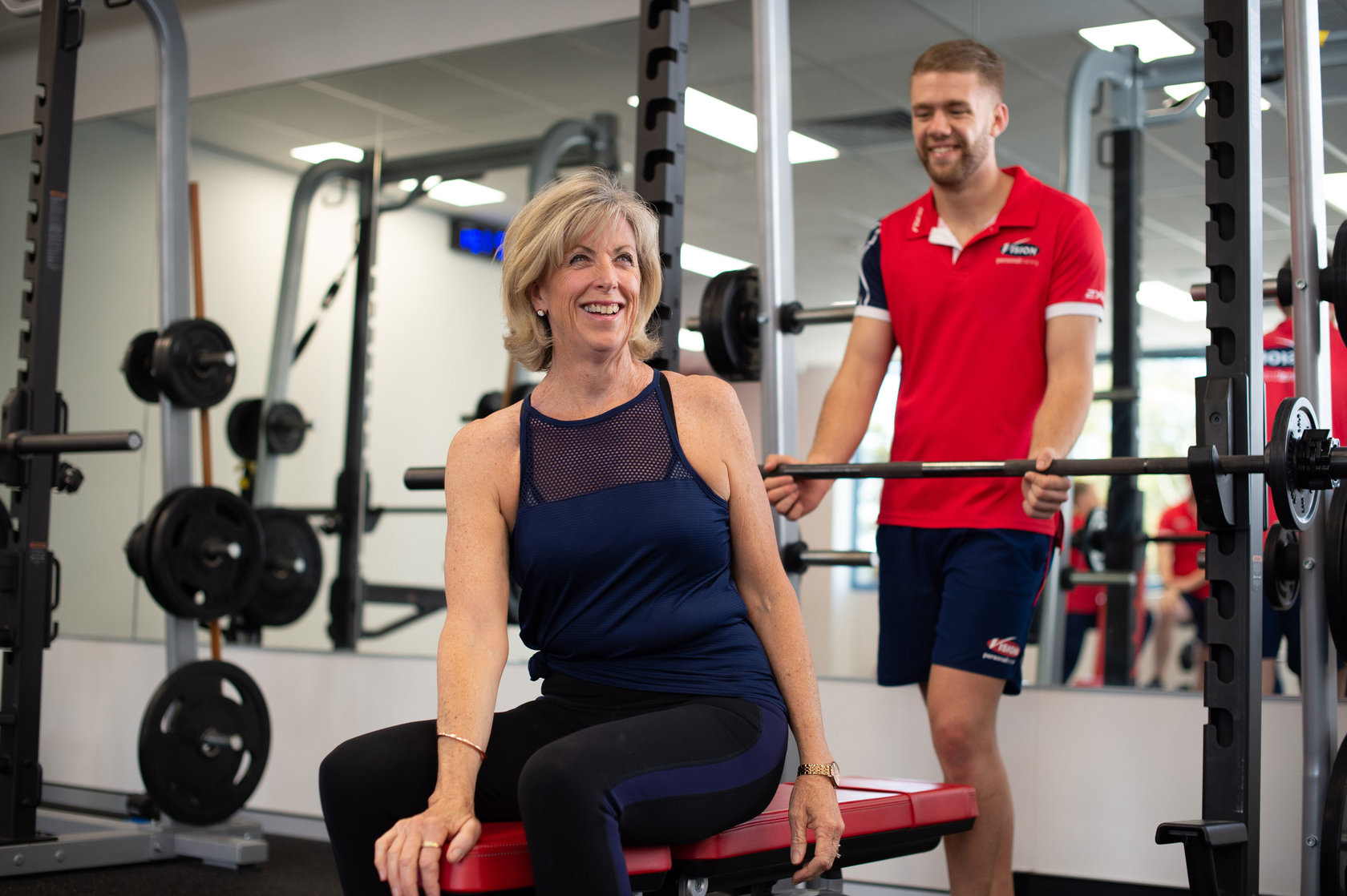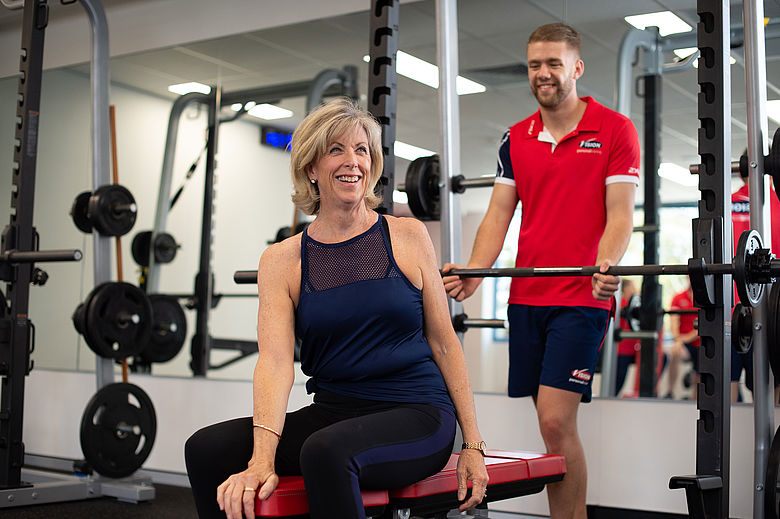Since man first discovered both the enjoyment from drinking alcohol, and the desire to improve his physique and health, he has asked himself this question…
…Can I drink while on a diet?
To answer this question, we first require an understanding of what alcohol actually does to your body and how it affects you (besides letting you 'get into the party vibe' or tell the nearest person that 'this song is, like, my life right now... man').
Firstly, alcohol consumption itself doesn't directly lead to fat storage...
Wait, come back! There's more to follow on the end of that statement!
What generally follows alcohol consumption is the typical over-consumption of Fat- and Carbohydrate-rich foods (i.e. nuts, crackers, chips, dips) that one usually eats when enjoying a nice Sav Blanc or a cold beer, and it's these foods combined with the alcohol and whatever else you've eaten that day which take you from an energy deficit (weight loss) into an energy surplus (weight gain). To compound the effect there, your body prioritises burning off that alcohol over burning any other carbohydrates or fat in your body, further increasing the time you are in a surplus before you can reverse the damage.
Some of the negative effects of alcohol also include:
- Mineral loss (i.e. zinc, magnesium, calcium etc.) and dehydration, which affect the body's fluid balance, muscle movement and chemical reactions
- Disrupting your REM sleep (Rapid Eye Movement, when your sleep is deepest and the greatest recovery from the day takes place)
- Reducing your willpower, making it harder to say no to another drink or plate of food, that doesn't support your Health and Fitness goals
…So alcohol's the devil then? Typical PT answer, am I right?
Slow down speed racer, we can help!
The average glass of wine/shot of vodka (not a cocktail, cider or bourbon & coke) contains the energy equivalent of roughly 20-25gm of carbohydrates. Using this figure as a rough guide, you can plan out your day on VVT to ensure:
- you're having whole, nutrient dense choices for the remainder of your carbohydrates (veggies)
- getting in your recommended amount of lean protein sources and healthy fats so you don't feel hungry later
- drinking plenty of water throughout the day (2L as a minimum) and having plenty of water at event/occasion to ensure you don't drink unplanned alcohol out of thirst
Ultimately alcohol isn't a healthy option; however, if you take ownership, accountability and responsibility for your choices and plan it out to minimise the negative impact, it can still be enjoyed while working towards your goals. Plan accordingly!
Yours in Health and Fitness,
Alex Campbell
Senior Trainer at Vision Personal Training Neutral Bay
*Disclaimer: Individual results vary based on agreed goals. Click here for details.

